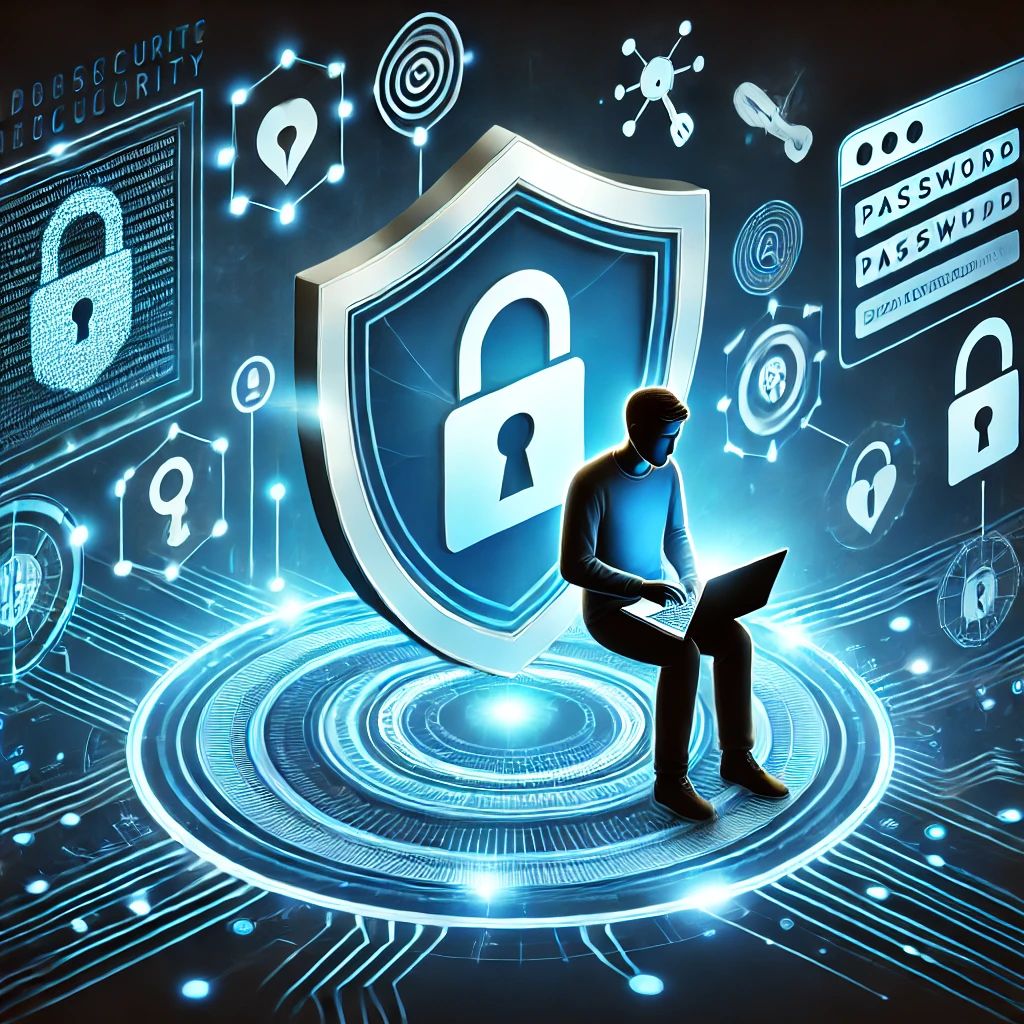
Simple Ways to Keep Your Personal Data Safe Online
Why Online Privacy Matters More Than Ever
In today’s digital world, your personal data is more valuable than gold. Hackers, advertisers, and even governments want access to your information. But don’t worry—you don’t have to be a cybersecurity expert to protect yourself. With a few simple steps, you can stay safe online.
1. Use Strong and Unique Passwords
Using "123456" or "password" as your password? That’s like leaving your front door wide open! Instead, use unique passwords for every account. A password manager can help generate and store them securely.
2. Enable Two-Factor Authentication (2FA)
2FA adds an extra layer of security by requiring a second verification step—like a code sent to your phone. Even if someone steals your password, they won’t be able to access your account without the second factor.
3. Beware of Phishing Scams
Ever received an email claiming you’ve won a free iPhone? It’s probably a scam! Hackers use phishing attacks to trick you into giving away your data. Always double-check URLs and never click on suspicious links.
4. Use a VPN for Secure Browsing
A Beginner’s guide to using VPNs can help you understand why a Virtual Private Network (VPN) is essential. It encrypts your internet connection, making it harder for hackers and advertisers to track you.
5. Keep Your Software and Devices Updated
Outdated software is a hacker’s paradise! Updates patch security vulnerabilities, so enable automatic updates on your phone, laptop, and apps.
6. Use Secure Browsers and Extensions
Google Chrome is popular, but adding the best Chrome extensions for students can enhance security. Extensions like ad blockers, password managers, and anti-tracking tools can protect your data.
7. Be Careful with Public Wi-Fi
Free Wi-Fi at coffee shops sounds great—until a hacker steals your login credentials! Always use a VPN when connecting to public networks.
8. Limit What You Share on Social Media
That vacation selfie might reveal more than you think! Avoid sharing personal details like your phone number, address, or travel plans publicly.
9. Secure Your Smartphone
Your phone contains everything—photos, messages, banking apps. Follow tips to secure your smartphone by using biometric locks, encryption, and app permissions.
10. Track and Manage Your Screen Time
Overusing digital devices can increase exposure to cyber threats. Use tools to track your screen time and set app usage limits.
11. Download Apps from Trusted Sources
Sketchy apps can be malware in disguise. Always download free apps for productivity from official stores like Google Play and the Apple App Store.
12. Protect Your Data with Cloud Encryption
Backing up data to the cloud is smart, but make sure your files are encrypted. Services like Google Drive and Dropbox offer encryption features—use them!
13. Optimize Laptop Battery and Security
Want a safer and longer-lasting laptop? Learn how to optimize your laptop battery life and enable security features like firewall protection.
14. Understand the SSD vs. HDD Debate
Upgrading your computer? Learn SSD vs. HDD: Which is better for you? SSDs offer faster speeds and better security for your personal data.
15. Stay Educated and Aware
Cyber threats evolve, so keep learning! Follow tech blogs, watch cybersecurity tutorials, and stay informed about new scams.
Final Thoughts
Protecting your personal data online isn’t rocket science—it’s about making smart choices. From using strong passwords to enabling 2FA and VPNs, small changes can make a huge difference. Stay safe, stay smart, and keep your digital life secure!
Frequently Asked Questions (FAQs)
1. What is the best way to protect my personal data online?
Using strong passwords, enabling two-factor authentication, and being cautious about sharing personal information are great starting points.
2. Should I use a VPN for everyday browsing?
Yes! A VPN adds an extra layer of security, especially when using public Wi-Fi.
3. How do I know if an email is a phishing scam?
Look for red flags like generic greetings, spelling errors, and suspicious links. If in doubt, don’t click!
4. Is free antivirus software enough to keep my devices secure?
Free antivirus is better than nothing, but premium versions offer stronger protection.
5. Can my phone be hacked if I install apps from unknown sources?
Yes, installing apps from unverified sources increases the risk of malware. Stick to official app stores.